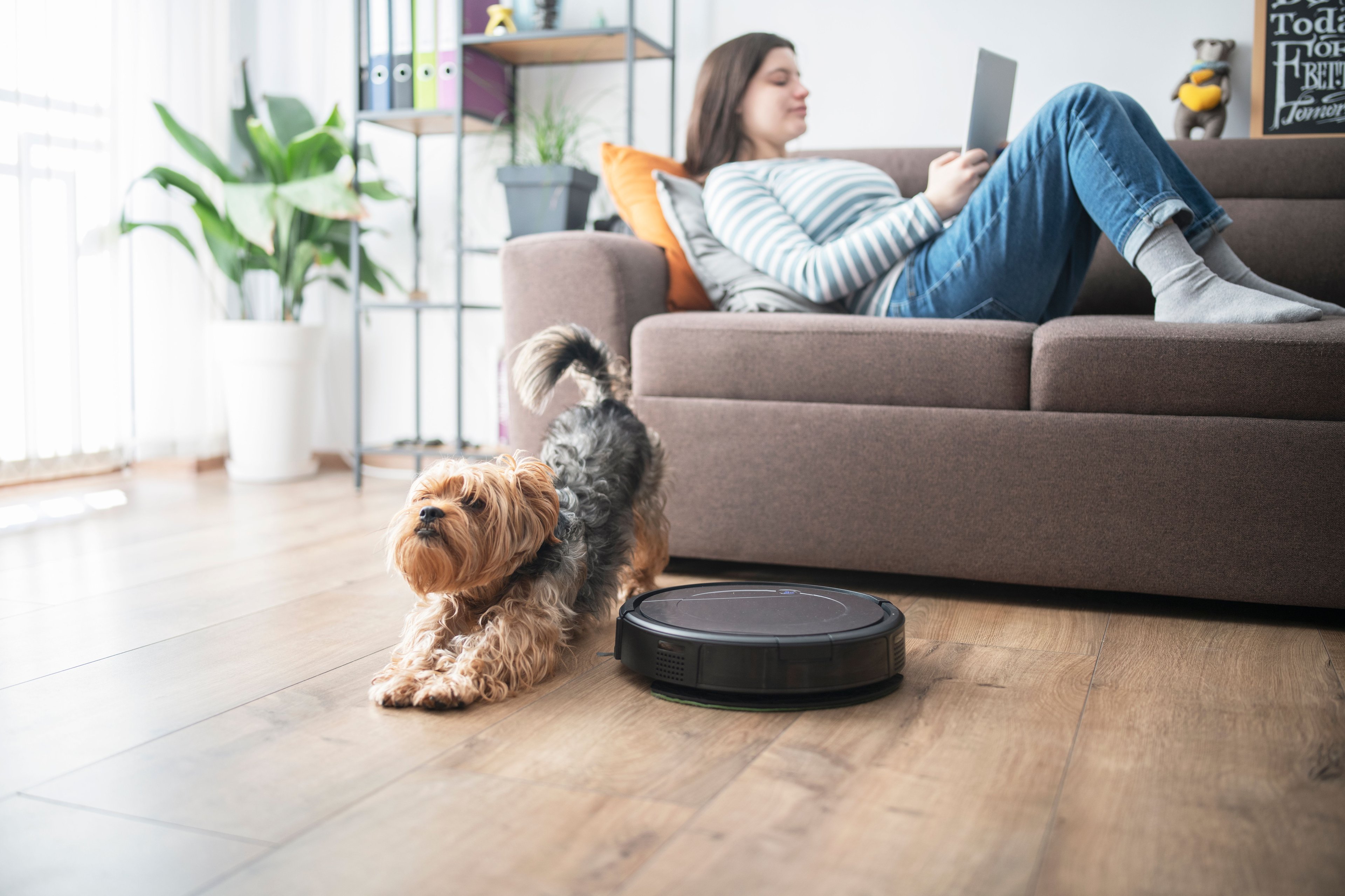With a market capitalization of just $1.2 billion, iRobot Corporation (IRBT 13.16%) is still a relatively small company. But that doesn't mean it can't hold its own with the big boys.
Shares of the robot maker jumped 11% Tuesday, closing at an all-time high after Patent Board ranked the strength of its patent portfolio No. 5 overall in a list of the top 50 competitive electronics and instruments industry leaders. For some perspective, iRobot was sandwiched between two industry giants in the list: Canon ranked just ahead in fourth place, and Samsung trailed close behind in sixth.
So what makes iRobot's patents so special?
For one thing, iRobot ranked second in the "Science Strength" metric, which (in Patent Board's words) measures the "degree to which a company's portfolio is linked to core science." iRobot also ranked third in "Industry Impact," which measures how a company's patents affect technology developed by the rest of the industry.
And we're surprised... why?
iRobot has already made the latter clear over the past year, showing it's not afraid to flex its patent muscle.
Last July, for example, iRobot unveiled a patent infringement lawsuit in a German court against five international companies, claiming their strikingly similar robotic vacuums violated five of iRobot's European patents.
Then in September, iRobot obtained preliminary injunctions against Shenzhen Silver Star, when a German court found that three of the China-based company's robotic vacuums infringed four separate iRobot patents. As a result, "infringing goods" were even seized from Shenzhen Silver Star at the 2013 annual IFA consumer electronics show in Berlin.
And while the Roomba is by far iRobot's most popular device, it's certainly not the only one the company has had to defend. In 2007, iRobot had to thwart the efforts of a former employee who stole trade secrets and started a rival company in an effort to copy the widely used PackBot military solution.
iRobot's one "weakness"
In case you're wondering what kept iRobot from winning it all, look no further than its long 13.7-year "innovation cycle time," with which iRobot ranks near the bottom in 48th place.
But that's not a huge surprise, either, considering that last January iRobot CEO Colin Angle made it clear he overwhelmingly favors taking baby steps to build up robotic technology. Specifically, he insisted, "We need to pick applications that have real concrete value to customers, deliver or exceed their expectations, and move on."
Sure enough, while iRobot did release a slick new floor-scrubbing Scooba robot last month, Angle himself pointed out it was the first major new large-format bot to arrive for the lineup in nearly eight years.
And while I've already suggested iRobot's new brushless Roomba 880 is a massive leap forward from its predecessors, that one still only came a full 11 years after Roomba's original debut.
Foolish takeaway
The thing is, the folks at iRobot know all too well that these kinds of disruptive technologies take time to develop in the marketplace, which is why Angle reminded investors last week that robotic vacuums now represent around 15% of all vacuum cleaner sales. Better yet, he says, that's on par with consumers' adoption of microwave ovens and dishwashers at the same stage in their life cycles, or around 10 to 15 years following their introduction.
Now don't get me wrong: With the stock trading around 30 times next year's estimated earnings, I'm certainly not suggesting investors back up the truck today. However, as I've insisted before, I'm still not willing to part with the shares I already own this early in the game. Over the long term, it seems safe to say the best is yet to come for patient investors down the road.






